Daniel Lugo
Hello everybody, my name is Daniel Lugo and I will be presenting to you all today about foster youth in America and higher education. Let me just say that I am beyond excited to be here. I hope you appreciate what I have to say.
Allow me to begin with an introduction: As I said, my name is Daniel Lugo and I am also a student at the University of Washington in Seattle, Washington. I’m currently studying Political Science and Communications in hopes of becoming a politician someday. As for some hobbies; I love acting and the performing arts in general, I enjoy playing video games, I love hiking and my all-time favorite thing in the world is Pokemon, or Pocket Monsters in Japan. Gotta catch them all! As for my experience in the foster care system; I’ve been a part of it for 3 years now. In a couple of weeks, it will be 4 years. This is also my first year in IFCA.
Now, why did I want to become a college student? Well, I wanted to better myself as an intellectual and become more contributive to my society by increasing my skill and intelligence. This way, I could help solve the problems that we face every day. I also wanted to become a role model for my family. Nobody in my immediate family has attended college and only one extended family member of mine has graduated from a university. For me, going to college provides as a big step in showing my siblings and family that despite our past, we can become anything that we want to be and accomplish everything that may at first seem impossible. By doing this, I hope to also provide as a role model for individuals who have also shared the same experiences as I have.
But how did I make it to college? It surely wasn’t easy but thanks to certain support systems, I was able to get my foot in the door and become a college student. This was thanks to the multiple services that helped me along the process of applying to college, finding the funds to afford college and also, there are support systems within college that allow me to become the best student that I can be.
One of the support systems that were introduced to me when I first entered care was Youthnet. Youthnet is a social service organization aimed at serving youth and families. More specifically, they helped me transition into adulthood. For example, my Youthnet sponsor helped me with filing my taxes, taught me how to build a resume and even helped me along the process of applying to colleges. I cannot express how important the last point is. When I entered the foster care system during my last year of high school, I had no plans of going to college. My outlook on life was very dismal. However, my sponsor helped me look past that by taking me to tours of college campuses. I was able to see the opportunities that college provides and suddenly, my world became brighter. I asked how I could get into college and Youthnet was happy to help. Without hesitation, they walked me along the application process of UW. Additionally, they also provided me with resources that told me what scholarships I could get for college and also, they had access to federal funds that helped me buy school supplies that I desperately needed.
Another support system I use is the Department of Social and Health Services, or DSHS for short. DSHS helps me with aging and long-term support, behavioral health and service integration and financial services. For example, they help me schedule doctor appointments to stay healthy, found mental health services that made it so that I could deal with the traumatic experiences that I went through before entering care and also provide me with funds that make it so that I can pay rent without working too much to where I wouldn’t be able to focus on college. Without them, I wouldn’t be able to continue my education.
At the University of Washington, there is a support system for foster youth called the University of Washington Champions Program. What the Champion Program aims at providing is holistic support for youth and alumni of foster care. For example, they do this by building a support system made up of foster youth at the University of Washington. We get to know each other very well over certain activities and that makes the college experience less lonely. Additionally, the head of the Champions Program also provides us with multiple opportunities outside of college. For example, I found out about IFCA through the Champions Program. If it weren’t for this support system, I wouldn’t be here trying to make a change. Systems like this enable foster youth and ensure their academic success. Also, it helps prepare youth for lifelong achievement by building skills through opportunities like this.
Now moving on, there are specific scholarships tailored to funding alumni of foster care throughout college. For example, I receive Passport to College and ETV which are scholarships only available to alumni of foster care who are in college. There’s also another scholarship, which I unfortunately do not have, called the Governor’s Scholarship. This scholarship provides funding for approximately 40-50 new scholars each year and the amount of support ranges from $2,000 to $4,000, depending on the college of attendance. It can be accessed for up to five years and you must be a student enrolled for a fulltime schedule and must also maintain satisfactory academic progress in order to renew the scholarship each year.
With all these different support programs, you must be thinking that everything in the U.S. is perfect for foster youth in achieving academic success. Well, that’s unfortunately not the case. As you can see from the slide; foster youth who experience more placements are nearly 15% less likely to complete high school when compared to their peers, 24% of foster youth struggle with disabilities while in school, 52% of foster youth in the U.S. attend schools that rank in the lowest 30%, only 50% will receive a high school diploma and only 10% of former foster youth will attend college and, of that 10%, only 3% will graduate. This is astonishing! How can this all be? One explanation is that foster youth aren’t actually getting the support that they need. For example, a statistic exists that says every 10 seconds a child abuse report is placed. This implies that there are many children who need support and sadly, there might not be enough assistance for them. From personal experience, I had a social worker who at one time had more than 10 youth who she had to provide support for. This is astounding; how could she possibly balance all their needs in an equal way? With this high demand for support and low supply for assistance, it shouldn’t be too surprising that many foster youth sadly slip through the cracks and don’t receive the support and attention that they need to become successful individuals. The fact of the matter is that more support needs to be provided to youth in order to ensure success. This can be done especially through the use of extended care. In Japan, foster youth are forced to exit care at the age of 18 but legally, they are not adults until 20. IFCA refers to this as the “2 year void.” During the two year void, foster youth aren’t able to get a cell phone contract, sign a lease for a home and etc. They are left with no resources and what seems like no possibility. Japan needs some form of extended care. In America, there is a form of extended care that lasts until the age of 21. This is how I am able to attend college and will ultimately be how I become a successful and contributive citizen of my society. Now, the system isn’t perfect in the U.S. and there’s a lot of room for improvement so I hope that I have effectively shown that. But IFCA sees this two year void in Japan as a violation of human rights and more support needs to be provided for youth so that they do not fall victim to this lack of service. I hope that I have helped support a movement towards reaching that goal and can’t say how appreciative I am for your time and attention. Arigato.

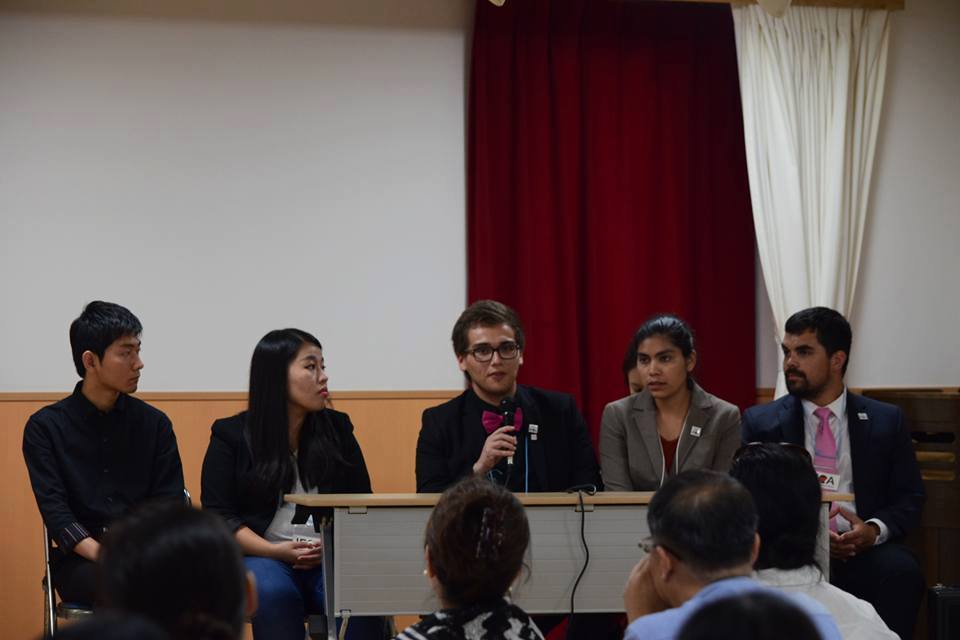
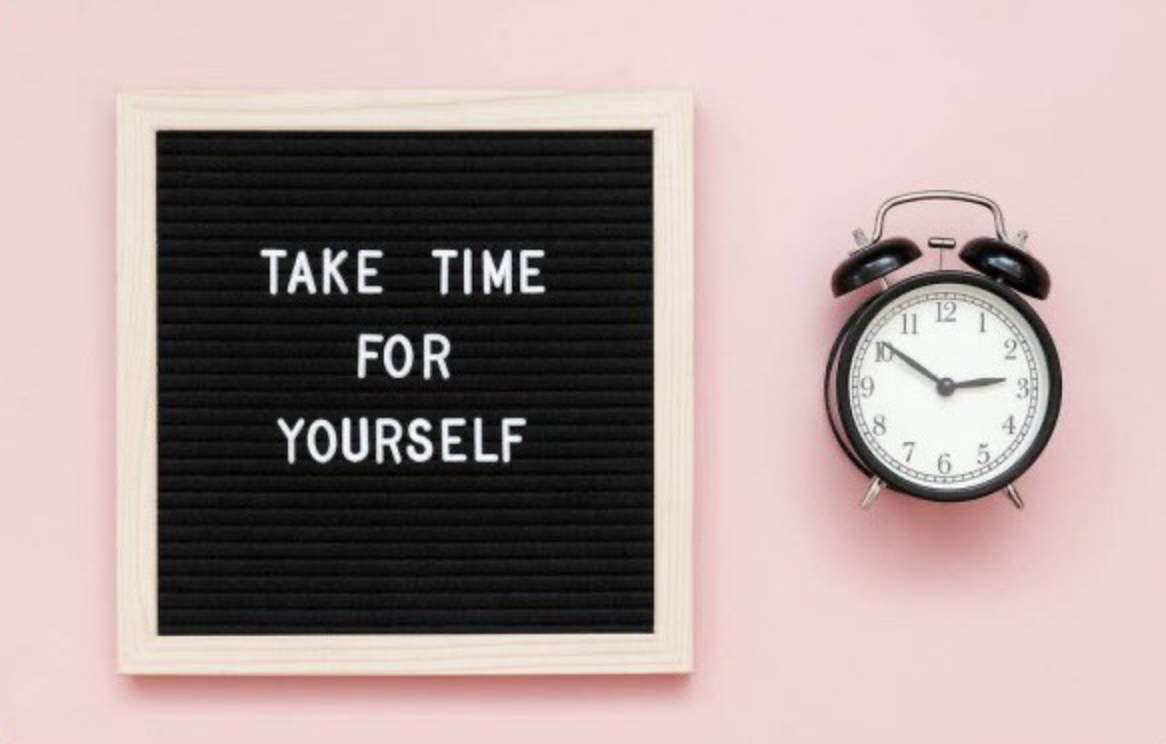
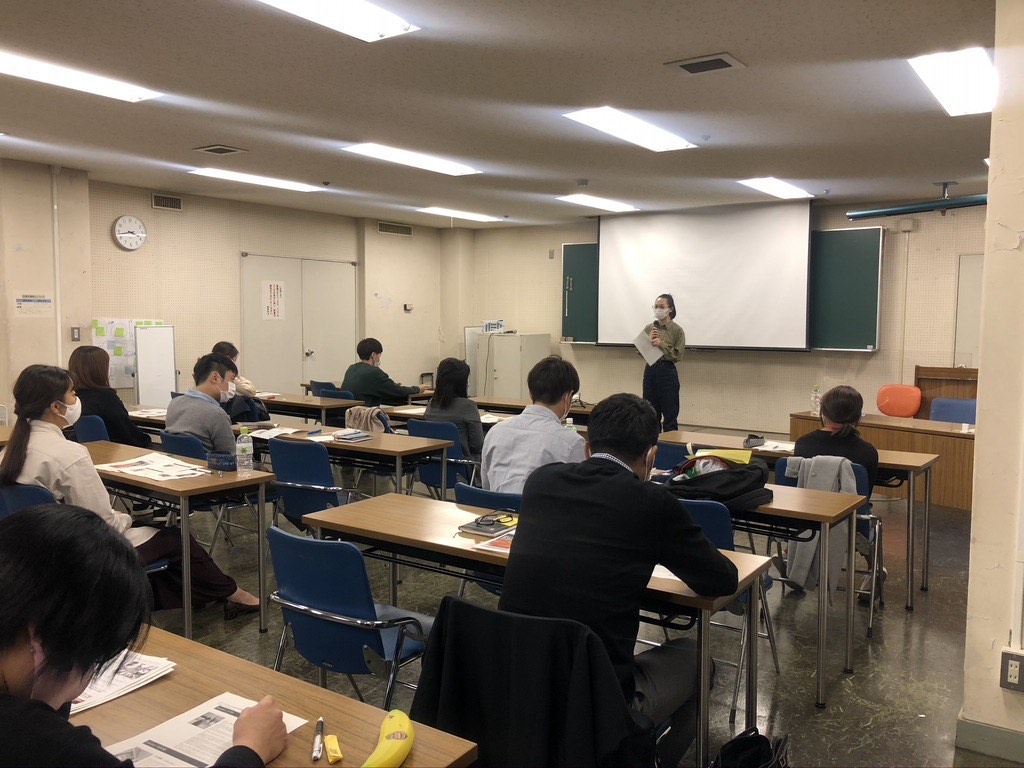

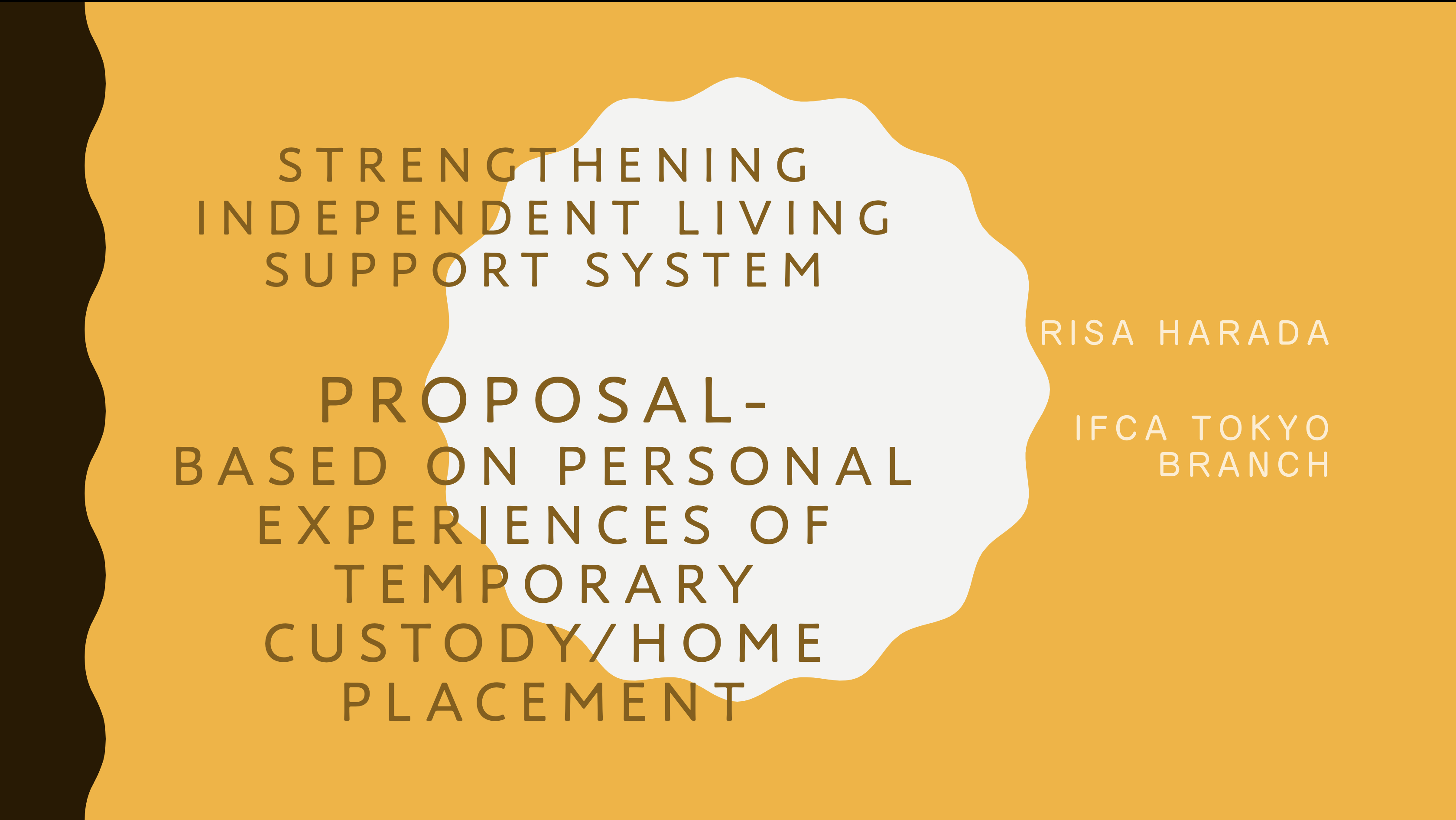
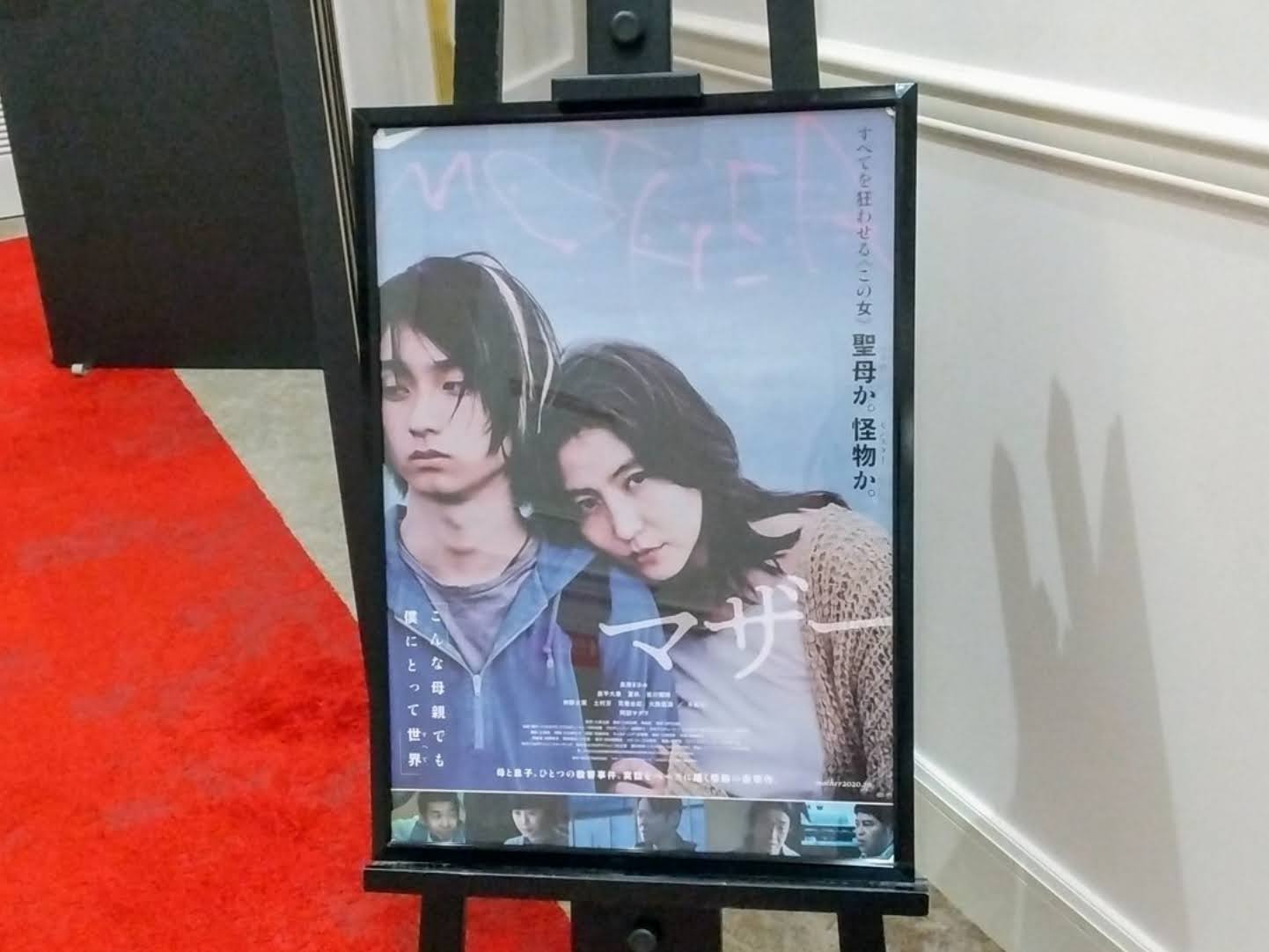

Leave a Reply